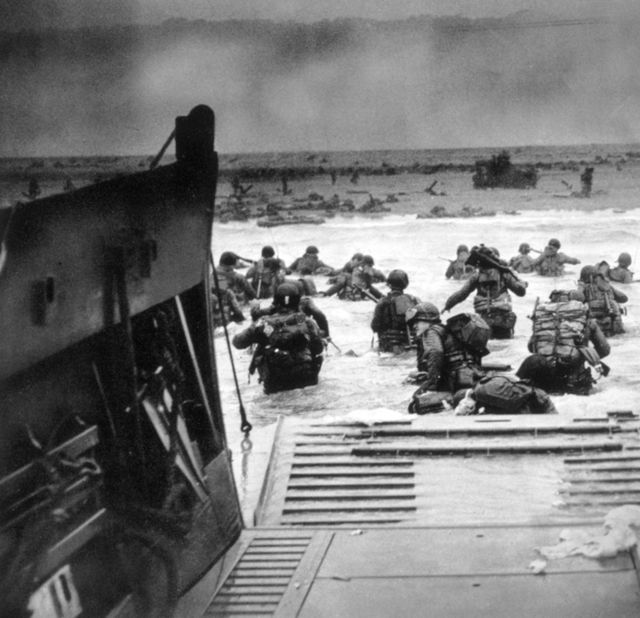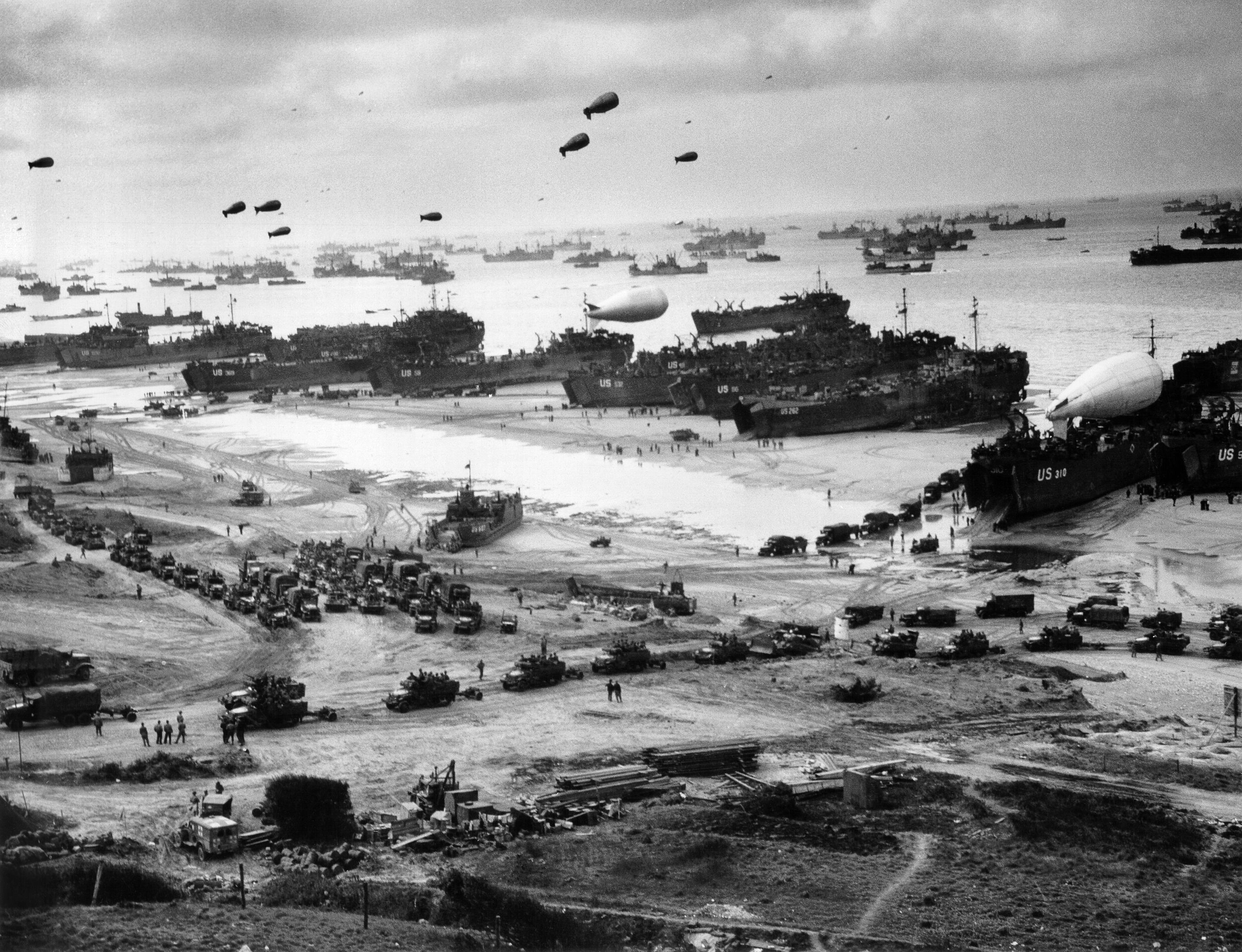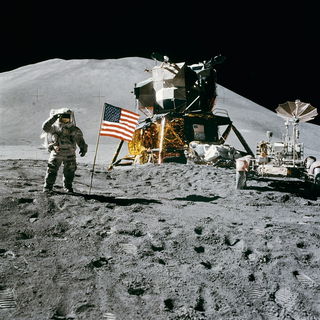- Calendar
- Calendar 2026
- June
- D-Day Anniversary
D-Day Anniversary
On June 6, 1944, at the height of World War II, the Allied troops landed on the beaches of Normandy to fight the German troops in what became known as D-Day. Operation Neptune, as it was formally designated at the time, started the effort to liberate France from German occupation. It was the largest invasion by sea in history.
American, British, and Canadian forces played a big part in the planning and execution of the operation. Thus, for many people, it is important to commemorate the victory on June 6 every year. However, D-Day is not recognized as a public holiday.

D Day History
Preparations for D-Day began way before the invasion took place. Almost as soon as the Second World War started, Northwestern France fell into the hands of the German army, which controlled that entire territory.
Soon after joining the War, in 1941, Americans and Canadians allied themselves with the British in order to plan a big invasion across the English Channel. Aware of these plans, Adolf Hitler ordered his officials to construct a 2,400-mile obstacle wall of bunkers and landmines on the beaches of Northwestern France, in what became known as the Atlantic Wall.
The Allied invasion operation was codenamed Operation Overlord. Allied generals led by Dwight D. Eisenhower then began an operation of deception to lead the Germans to think that they would be invading Calais (a port city in France), not Normandy.
D-Day Invasion Timeline
On the evening of June 5, 1944, over 5,000 ships and crafts, with 11,000 aircraft as backup, left England carrying 156,000 Allied troops.
The invasions were carried out on June 6 at 6:30 am. The British and Canadian troops easily took the beaches named Juno, Gold, and Sword, and the Americans were able to overcome opposition at Utah Beach.
At Omaha Beach, however, the fortifications were stronger. American troops encountered heavy resistance, with over 2,000 soldiers losing their lives in the invasion. By the end of the day, the Allies had successfully taken over the beaches of Normandy, with more than 4,000 overall casualties, and many more wounded.
By June 11, 326,000 troops landed in Normandy, and the beaches were fully secured.
D-Day allowed the Allied troops to begin their mission to take back France, and by August 1944 Paris had been liberated. The Battle of Normandy was the event that turned the tide on the War and began the Allies' path to victory.
Reasons Normandy Beach was Selected for invasion
- Normandy was ideal for the invasion because it is situated on France's northern coast. The northern coast is separated from Britain just by the English Channel.
- The Allies knew that Germany expected the invasion at the English Channel's narrowest part. Thus, choosing Normandy Beach was to mislead their enemy.
- Normandy Beach was ideal for amphibious landing (combined military action of land, air, and sea forces). This was because Normandy was made up of long, flat, and wide beaches that were suitable for the large army as well.
- The Allies conducted an elaborate deception campaign, codenamed Operation Bodyguard, to mislead the Germans about the exact location of the invasion.
- They employed tactics such as fake radio traffic and the creation of a phantom army to convince the Germans that the main assault would come at the Pas-de-Calais, further diverting attention from Normandy
D-Day Remembrance Today
Every year people across people come together to remember and honor those who fought and those who lost their lives on D-Day. Many flock to D-Day memorials to lay wreaths for the deceased.
Museums often host exhibitions that feature photos of the landings.
Veterans who were part of the invasions and are alive today are decorated with medals of merit and honor for the great service they paid to their country and the world.

Other Celebrations
-
Apr 22 Tue
-
Apr 25 Fri
-
Jul 20 Sun
-
Sep 16 Tue
-
Sep 23 Tue
-
Sep 30 Tue

D-Day Anniversary - Next years
Sunday, 06 June 2027
Tuesday, 06 June 2028
Wednesday, 06 June 2029











